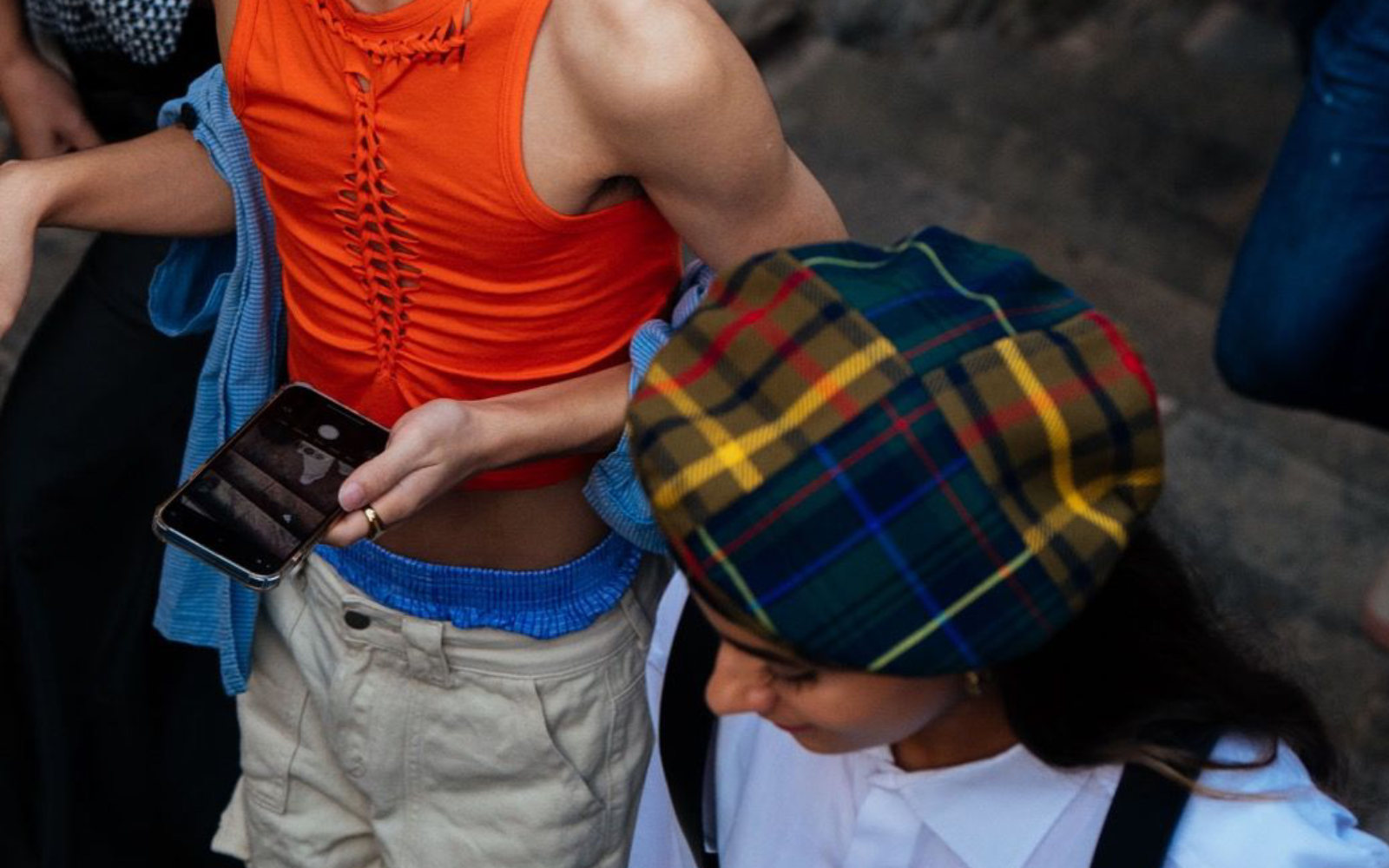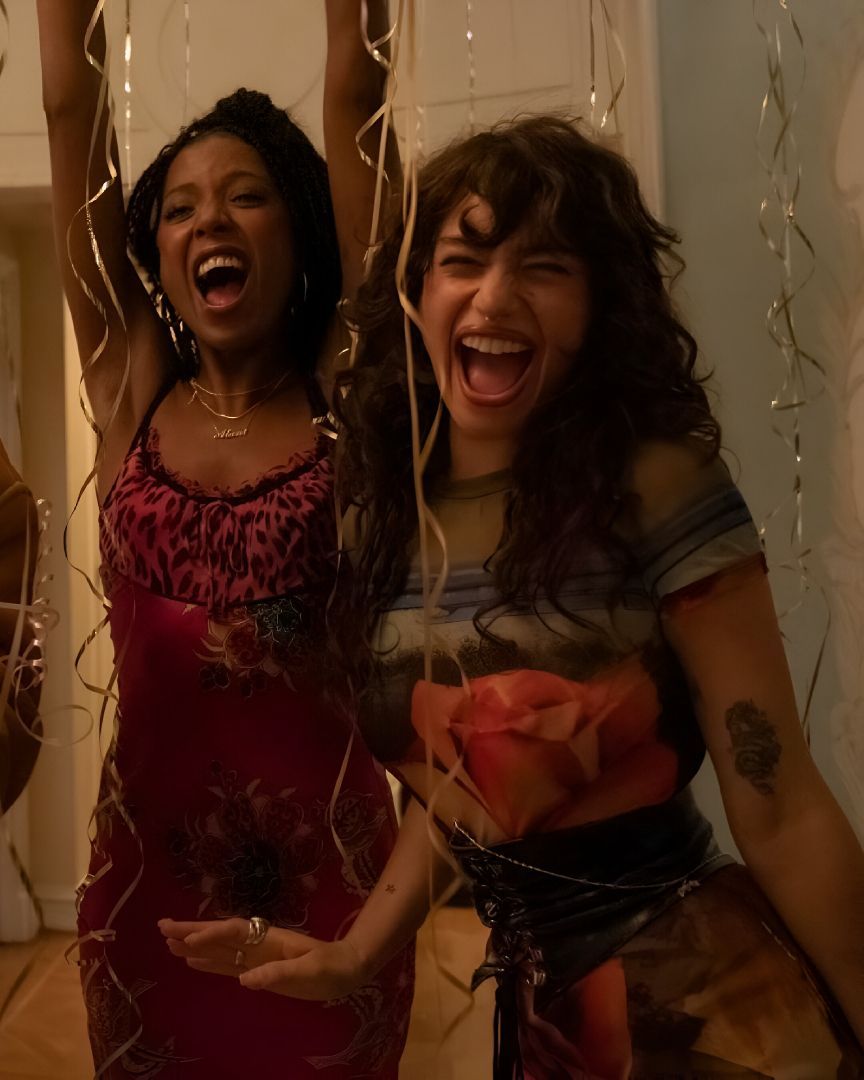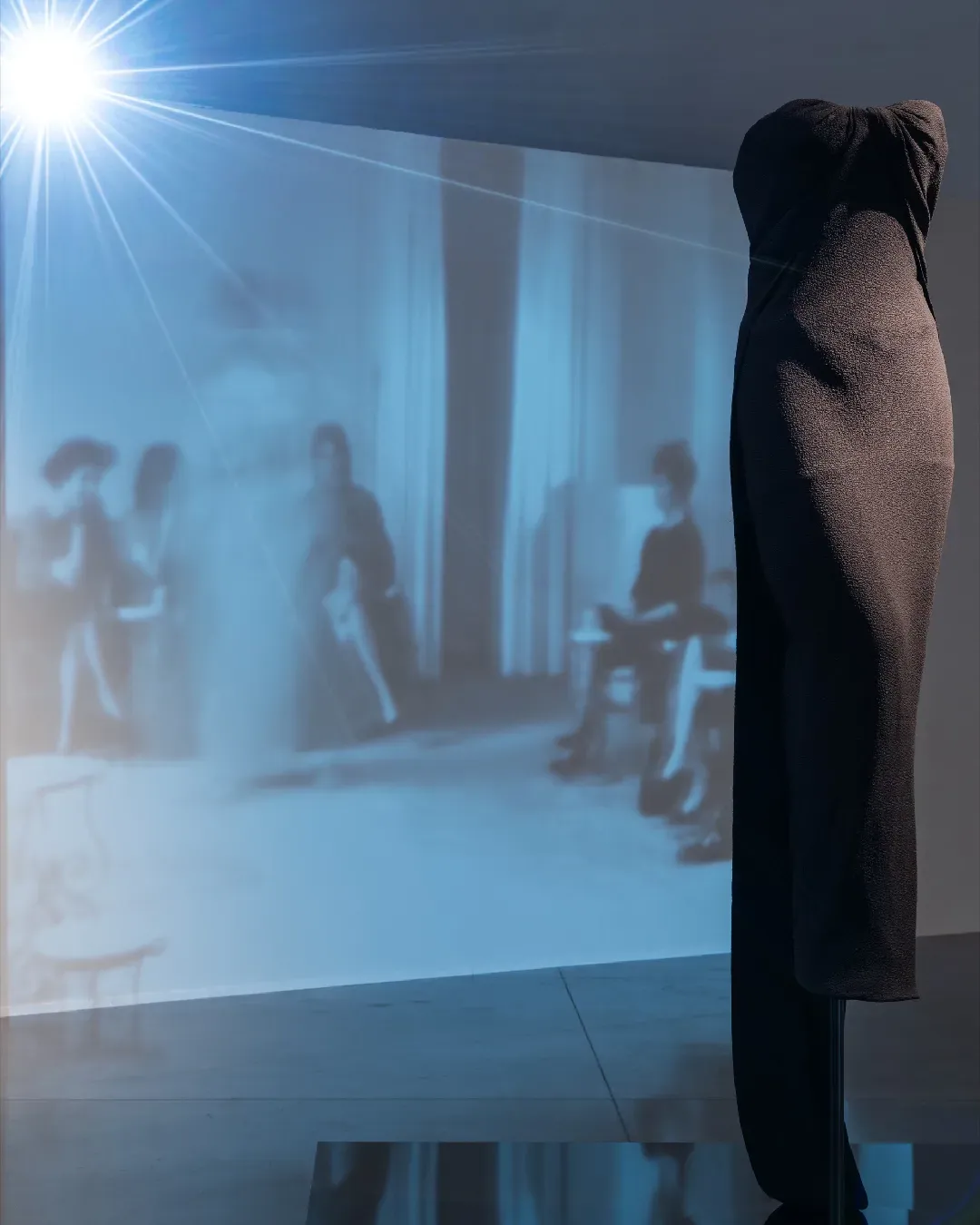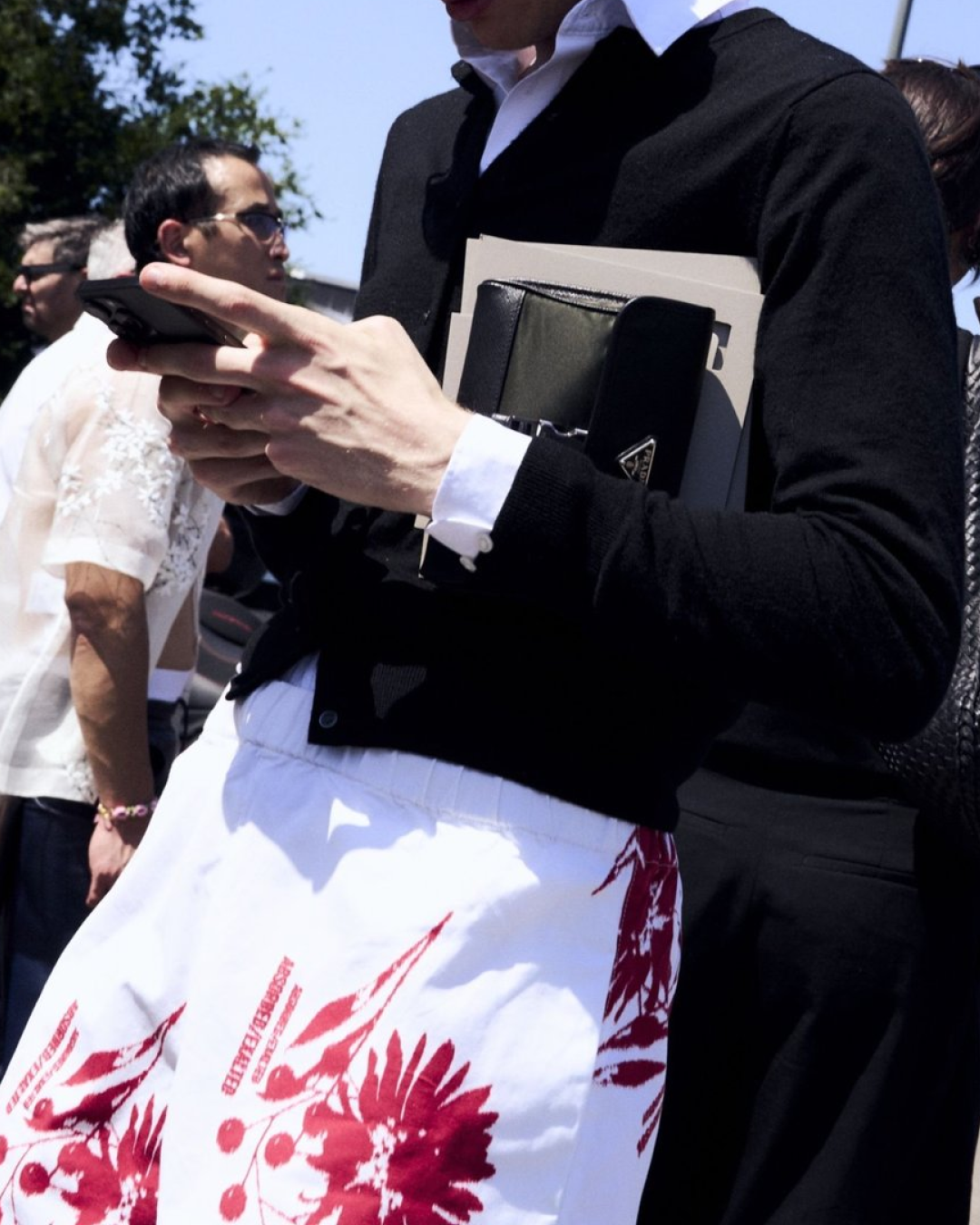
Where's the fashion industry heading in the post-Twitter era? From Tumblr to Mastodon, alternatives to Musk's paradoxes
It's official: the fashion industry is not a fan of Twitter in the age of Elon Musk. The reason? In less than a month, the Tesla founder has laid off half the staff, overhauled the platform's verification system by allowing users to pay $8 per month for the blue tick, and then suspended the function due to the proliferation of fake accounts, described himself as a 'free speech absolutist' after halving the company's moderation team. Therefore, less than a fortnight ago, Gigi Hadid abandoned the platform, calling it a "cesspool of hate and bigotry", shortly after Balenciaga was the first luxury fashion house to delete its account, giving up over 950,000 followers. Two days later, Macy's announced that it would withdraw its advertisements from the app, joining companies outside the fashion industry such as General Motors, Dyson, and Reuters, while advertising holding company Omnicom even instructed clients not to market on Twitter. The large circle of fashion enthusiasts who used to gather on the platform to offer criticism, and comment on fashion shows, garments, and outfits in real time, may soon have to close its doors and move to a new, less problematic but equally cozy digital island.
Ka-ching, Tom Ford - https://t.co/tCORUmPAMO
— Vanessa Friedman (@VVFriedman) November 15, 2022
Indeed, although Twitter's centrality in fashion has waned with the rise of more engaging platforms such as Instagram, TikTok, and sometimes Pinterest, brands only need a handful of tweets to amplify the reach of their latest marketing stunt or product launch. The bluebird app soon proved to be a less glossy but more authentic alternative, populated by a diverse group of heretics and industry insiders, from Vanessa Friedman's biting statements to Rachel Tashjian's lucid analysis. A more community-driven social than others, which precisely in its brief assumptions animates debates and exchanges of opinion, a quality that other apps, focused more on image than on words, do not have. In the era of TikTok, brands such as Cartier, Louis Vuitton, and even Balenciaga increased their investments in the platform before retreating, at least until Musk's moves overturned the balance.
We are cringe.
— tumblr dot com the website and app (@tumblr) November 8, 2022
But we are free.
Tumblr started publishing proposals to attract people back to the microblogging site, including the reintroduction of the nude content that had determined its success, someone tried Reddit, someone else LinkedIn, and still others pointed out that if Facebook groups were not by now relegated to an agé demographic they would be natural Twitter surrogates. Some turned instead to Mastodon, the young open-source platform that has welcomed more than a million survivors since the dawn of the Musk era. Founded by Eugen Rochko in 2016 under the banner of freedom of expression, Mastodon is not accountable to any big tech, has no advertising, and lives off user donations: in a nutshell, it is apparently the utopian version of Twitter, and according to Vogue Business, new servers (or instances) are already beginning to spring up to cater for newcomers, including fashion refugees such as Journal. Host or FashionSocial.host. It is unclear at the moment what the fate of Twitter or Mastodon will be, nor is it known whether Musk's next reckless moves will force us into an exodus, certainly at the moment Rochko's platform offers one more place to spread the word. Yet history is full of apps born with the prediction of revolutionizing the social media landscape (does Clubhouse ring a bell?), which then fell into disuse after a fleeting peak of general enthusiasm.















































